dear strictly business: what do I need to do to make my business official?
Here's all the important stuff you need to start your own business.

Welcome to our Dear Strictly Business advice column, brought to you by our pals at Xero. This is where you ask the questions and we hunt down the answers. Got a burning question? Feel free to send it our way.
So you’ve done the easy part: you’ve come up with a never-before-seen, million-dollar, earth-shaking business idea. Phew! Now you just need to make things official. As part of our Dear Strictly Business series, we’re going to run you through all the basic stuff you need to start your own business.
Just a heads up: if you’re looking to build a multinational conglomerate with its own Caribbean tax haven…you might need extra help. This advice is more for sole traders, makers and small business owners: the big-dreaming, arty-crafty legends out there.
Go solo Before anything else, you need to work out if you’re going to be a ‘sole trader’ (a business of one – you – usually trading under your own name), a ‘partnership’ (where multiple people run the business together), or a ‘company’ (a separate legal entity with its own business name). There are different benefits to all of these. Becoming a sole trader is the simplest and cheapest way to start a business. All you need is an Australian Business Number (ABN) and your Tax File Number (TFN) to get started.
Of course, there’s a catch. “It can be a bit riskier to go alone,” says Alex Solo from Sydney law firm Sprintlaw. “If you’re incorporated, you’re kind of protected if something goes wrong. People can come after the business, but not your personal assets.”
Partner up If you and your best mate want to go into business together, a partnership might be the way to go. Like sole trading, this is not a separate legal entity, but it will need its own ABN and TFN (because tax reasons). Partnerships are easy to set up, but you need to be aware of a couple of things. First, you can be personally responsible for the financial liabilities of other partners in the business. And second, if the company gets sued, the partners (i.e. you) might be personally liable. In other words, if you’re launching a range of branded skydiving parachutes, this might not be the best option.
Start a company Incorporating means starting a ‘company’, which is its own legal thing. A company is a separate entity, with its own shareholders and tax obligations, and its own business name. If you want to call your business “Emily’s Cakes”, for example, you’ll need to become a registered company. This process can be fiddly and expensive, but the big benefit is that – unlike sole traders and partners – companies have what lawyers call ‘limited liability’. That means if you get sued or owe money, it’s only the company that’s on the hook – not you personally (there are fancy legal exceptions to this rule, but hey, this isn’t Corporate Law 101).
“It’s all about your level of risk,” says Alex. “Lawyers love companies because we’re all about reducing risk. But it can be more tax effective to stay a sole trader while freelancing, depending on how much you earn.”
You can read more about the differences between sole traders and companies here. There’s no hard and fast rule about how much money you need to earn before incorporation looks like a good idea, but with the extra expenses (ASIC registration alone is about $506 per year) most people wait until they’re at least making $75,000 per annum and qualifying for GST (see below).
Register your name If you’re a sole trader, your business name is usually just your literal name. If that’s the case, you don’t need to register anything. Go forth and trade! But if you want to call your business something else, or you’re a company, you’ll need to register your business name with ASIC. This doesn’t take long, and costs about $37 for one year of registration. Make sure to check if your name is available first. You can’t register the exact same business name as someone else.
Check permits Not every industry has its own permits, but some do. If you’re selling a range of hand-knitted tea cosies, this probably doesn’t apply. The crochet police won’t be knocking on your door. But serving alcohol or working with kids, for example, come with their own unique legal hoops. “Usually your industry will have an industry body you can talk to,” says Alex. “Or you can use the government’s business registration and permits checker.”
Open a bank account Next, you’ll need a business bank account. A place for business money to go into and come out of. Chartered accountant, Grace Hancock, actually recommends opening two new accounts. “Have one bank account for your day-to-day business transactions, and one for all your tax stuff,” she says. “Put your income tax, GST and any Pay As You Go (PAYG) withholding tax in there.” It probably goes without saying, but try not to touch your tax account money – it belongs to the government now, not to you.
Start bookkeeping Whether you’re a sole trader or a small company, keeping track of your invoices, expenses, tax, GST and bank balances is big-time important. If you leave this stuff till the 29th of June every year, you’re going to give yourself a stress ulcer. Grace recommends investing in some easy-to-use cloud-based accounting software, like Xero, and learning to use it properly. “You should be using tech to automate your business wherever you can,” she says. “Xero, for example, can integrate with a lot of other software, including your bank accounts.”
Collect GST Speaking of GST…Here’s the thing. You only need to start charging GST if your business is earning over $75,000 in a 12-month period (about $6,000 bucks a month, before tax). You’ll need to register for GST with the ATO – your accountant can help you do this bit – and start tacking 10 per cent onto all your product prices or invoices. When your customers pay you GST, just set it aside in your tax bank account and hand it over to the government every quarter. This is called your Business Activity Statement (or BAS).
Make deductions When tax time rolls around, it might be tempting to claim every muffin, coffee and phone call you’ve ever made in your life. Grace says please don’t do this. You’re allowed to claim work-related expenses, like accounting software, business phone calls, printer ink, and even a percentage of your home internet (if you’re working from home).
“They use the Why What Where When test for entertainment expenses,” says Grace. “Which means the expenses have to be reasonable. An on-site coffee at 10:00am with a client might be a business expense, but cocktails at 9:00pm are probably not.” If in doubt, the ATO has some info about entertainment expenses over here.
Get an accountant or bookkeeper (and maybe a lawyer) Making money is much more fun than spending money, but when it comes to your business, you need to see things like accountancy, bookkeeping and legal advice as investments, rather than expenses. You can do all your taxes through Xero, for example, but it’s always good to have an accountant or lawyer who can give advice and help you do things better.
“We’re just people,” Grace says, laughing. “It may seem intimidating to speak to accountants, but you need to find someone who you’re comfortable with. The main thing I hear is, ‘I can’t ask my accountant questions because I feel stupid’, which is such a shame.”
Useful links
Need more info? Check out these nifty links.
- A simple tax calculator for small business
- A guide to HECS repayment rates
- The ATO’s online business portal
- A quick intro to business structure
- Xero's guide to starting a business
This helpful content was brought to you in partnership with our pals at Xero. Whether you lead a small team or are going it alone, Xero is online accounting made for your business. For a limited time you can get 50% off new Xero plans for the first three months when you purchase before June 30th, 2021. T&Cs apply.
Disclaimer: the information in this article is deliberately general. It’s meant to be a guide, not an instruction manual. Everyone’s business circumstances are slightly different, and you should always get qualified tax or legal advice before making any big decisions.

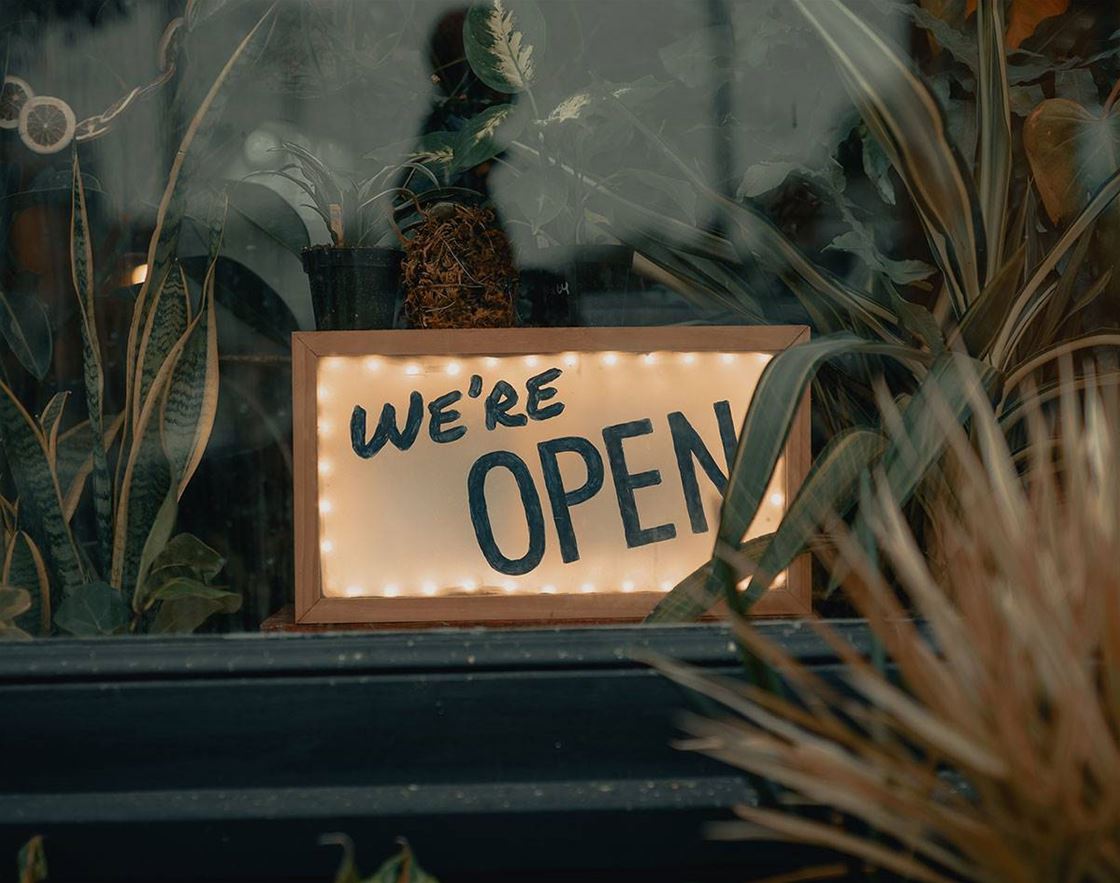






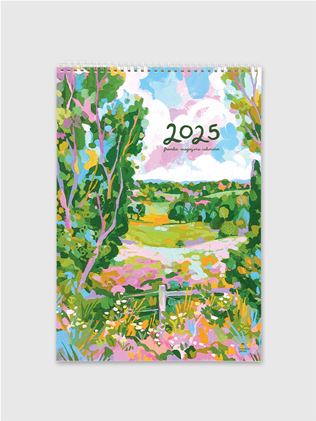
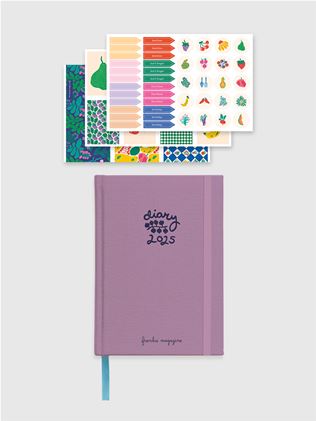
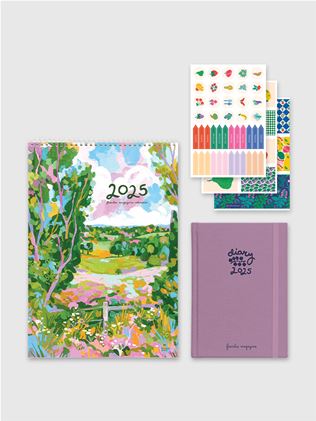
.jpg&q=80&w=316&c=1&s=1)






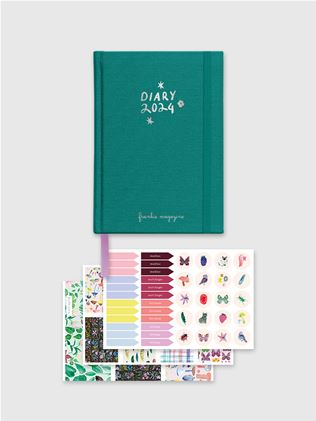



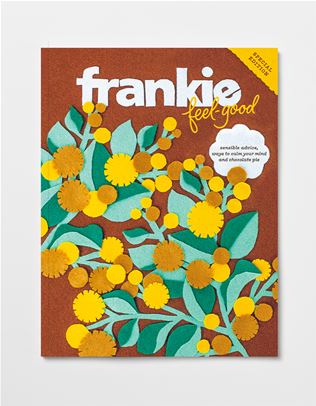






.jpg&q=80&w=316&c=1&s=1)










